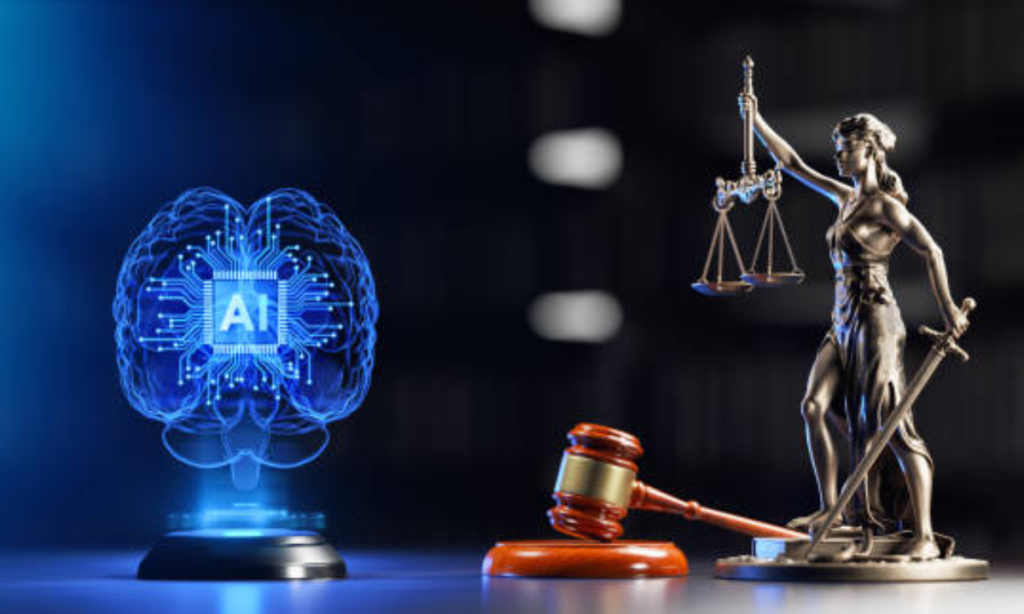In a first-of-its-kind policy in India, the Kerala High Court unveiled the “Policy Regarding Use of Artificial Intelligence Tools in District Judiciary” on July 19/20, 2025, introducing stringent regulations to govern the use of AI in judicial functions.
1. Prohibition of AI in Judicial Decision-Making
The key provision of the policy categorically prohibits using AI tools—including generative AI models like ChatGPT, Gemini, Copilot, and DeepSeek—to produce findings, reliefs, orders, or judgments. In essence, “AI cannot act as a substitute for legal reasoning or decision-making”. The responsibility for all judicial outcomes remains solely with the presiding Judge.
2. AI Use Strictly as Assistive, Under Human Oversight
While AI is not permitted for substantive legal work, the guidelines allow its use for administrative tasks—such as case scheduling or court management—only when:
- The AI tool is expressly approved by either the Kerala High Court or the Supreme Court.
- Human supervision is maintained throughout the process.
- Every use is documented and audited diligently.
3. Commitment to Ethical Principles
The policy is firmly anchored in four core principles:
- Transparency
- Fairness
- Accountability
- Confidentiality
These principles apply uniformly—whether AI is used on government office systems, personal devices, or off-site—reflecting the court’s commitment to maintaining public trust and data integrity.
4. Confidentiality & Data Security: Avoiding Cloud Risks
Given that many AI platforms are cloud-based, there’s an inherent risk that sensitive case details or privileged information could be shared with external providers. As such, use of cloud-based AI tools is discouraged, unless they’re officially approved. This measure safeguards privacy and legal confidentiality.
5. Mandatory Verification and Audit Trail
For any AI-generated content—even for benign tasks like translation—judicial officers must:
- Meticulously verify outputs.
- Maintain detailed logs, including:
- Name of AI tool used.
- How and by whom the output was verified.
6. Training & Reporting Imperatives
- Training programs are mandated for all judicial staff—including interns and law clerks—to understand the ethical, legal, and technical dimensions of AI usage.
- Any errors or malfunctions in approved AI tools must be reported to the Principal District Judge and forwarded to the High Court’s IT department for corrective action.
7. Disciplinary Consequences for Non-Compliance
Non-adherence to the policy invites immediate disciplinary action by existing judicial procedures and norms.
Why This Policy Matters
This initiative arrives amid expanding interest in leveraging AI to tackle judicial backlogs: in February 2025, the Government of India encouraged using AI tools to expedite case resolution. The Kerala High Court’s policy strikes a careful balance—encouraging innovation while guarding against hallucinations, unauthorized data exposure, and undue reliance on technology.
Judicial authorities nationwide have expressed concerns about unchecked AI dependence, warning that it could undermine human intellect and the essence of legal reasoning.





